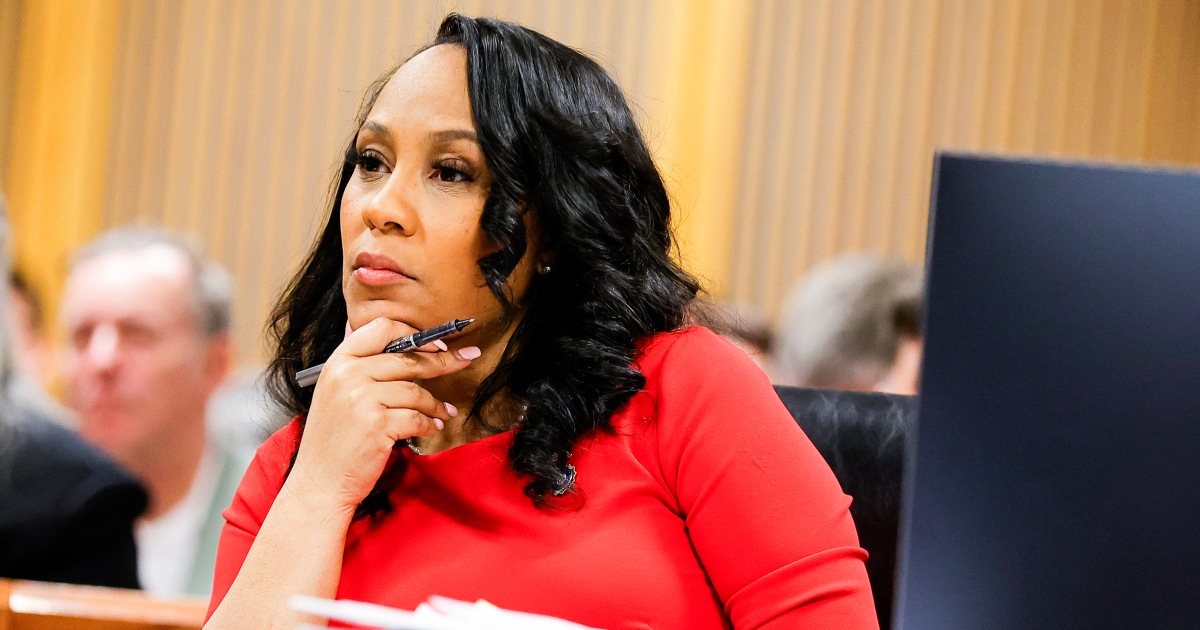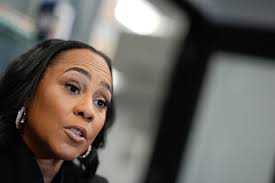In a significant turn of events, the Georgia Supreme Court has decided not to entertain the appeal made by Fulton County District Attorney Fani Willis in the election interference case involving President Donald Trump and several others. This ruling effectively maintains Willis' disqualification from prosecuting the case, leaving the legal saga that has spanned almost two years in limbo. The dispute initially arose in January 2024 when Willis was accused by Michael Roman, one of Trump's codefendants, of misconduct due to her alleged relationship with a prosecutor in the case.
Despite Justice Carla McMillian's dissenting opinion advocating a reconsideration of the case, the majority opinion of the court seems to have brought the matter to a definitive close. As a result of the Supreme Court's decision, an independent entity, the Prosecuting Attorneys Council of Georgia, will now be responsible for appointing an impartial prosecutor to take over the case and determine its future course.
Following the ruling, Willis expressed her disagreement with the outcome but confirmed her commitment to transferring the case to the council for further action. She emphasized the importance of upholding the law and evidence in the proceedings going forward. On the other hand, Steve Sadow, an attorney representing President Trump, hailed the court's decision, asserting that it marks the rightful end to what he perceived as politically motivated persecution against Trump.
The criminal charges in question stem from a widespread racketeering indictment against Trump and 18 others. The indictment alleges efforts to subvert the results of the 2020 presidential election in Georgia, notably referencing a contentious phone call on January 2, 2021, in which Trump urged Georgia Secretary of State Brad Raffensperger to manipulate the vote count in his favor. The defendants are accused of soliciting state officials, harassing election workers, and propagating baseless claims of election fraud, all aimed at reversing Trump's electoral defeat.
Several defendants, including Kenneth Chesebro, Sidney Powell, Jenna Ellis, and Scott Hall, accepted plea deals, agreeing to testify against other accused individuals. Trump has vehemently denounced the district attorney's investigation as being politically motivated, further complicating the legal landscape surrounding the case.
With the Georgia Supreme Court's latest decision, the future of the prosecution against Trump and his co-defendants remains uncertain. The refusal to entertain Willis' appeal raises questions about the continuity and direction of the case, potentially leading to delays or even the cessation of proceedings. The complexities of replacing a disbarred prosecutor and the potential ramifications for ongoing legal battles add layers of intrigue to an already convoluted legal narrative.
This decision by the Georgia Supreme Court represents a pivotal moment in the long-standing legal contest surrounding the election interference saga involving President Trump. As developments continue to unfold, the implications of this ruling on both the legal process and the individuals involved will undoubtedly shape the trajectory of this high-profile case.


